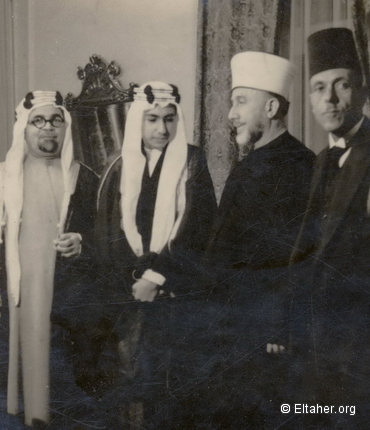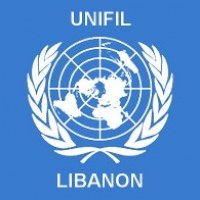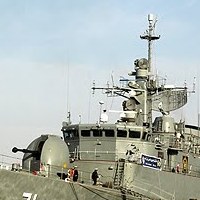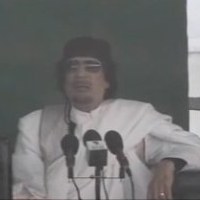![]()
Fri, Feb 25, 2011 | The Rubin Report | By Barry Rubin

Sheikh Hafez Wahba (left) with Mufti Haj Amin al-Husseini (second from right). The Mufti, anti-British and anti-Jewish, was a notorious Nazi who mixed Nazi propaganda and Islam and who was involved in the anti-Jewish 1929 and 1936 riots, the Nazi Coup in Iraq during WWII and opposed the 1947 UN Partition Plan for Palestine. Right to left: Eltaher - Haj Amin Al-Husseini, Mufti of Palestine – Prince Talal Bin Abdelaziz – Sheikh Hafez Wahba, Advisor to King Abdelaziz Bin Saoud - Cairo 1940s. (© Crown Press Photo/Source: www.eltaher.org)
Changes in the Middle East? Much More Never Changes at All
In 1938 the Saudi diplomat Hafiz Wahbah secretly met with Zionist leader (and future Israeli prime minister) David Ben-Gurion.
Wahbah explained to Ben-Gurion why it was impossible to negotiate a lasting peace. A few years before, Wahbah recounted, when he had called calling for peace in Jerusalem, Wahbah had mentioned that Jerusalem was a holy city for Jews and Christians as well as for Muslims.
In response, he continued, he received a stack of cables and insults asking how much the Jews had paid him to say that.
Compromise could not take place, Wahbah concluded, in an atmosphere where everyone was afraid he might be accused of treason.
Recently, in the “Palestine Papers” controversy, the idea that Palestinian Authority negotiators might have made in passing on one occasion — though they then abandoned the idea — a couple of real proposed concessions–led to the officials involved going into hiding, denying, and resigning.
Now with political upheavals and even revolutions in the Arab world — which many Arabs attribute to the rejection of governments too friendly with the West and too willing to make peace with Israel — the idea that compromise would be equated with treason is as likely today as it was in 1938.
Oh, and by the way, in 1938, Egypt had a parliamentary system with free elections. Four years later, though, the British surrounded the king’s palace with tanks and forced him to appoint another government. The existing one, you see, favored a Nazi victory and with General Erwin Rommel and the Afrika Corps crossing into Egypt the British could no longer afford that luxury.
Of course, in principle the Middle East can change for the better. It just doesn’t seem to do so too much in practice. And that’s a problem for people who live in Western societies where change for the better is assumed as universal and inevitable.
About the author,
Barry Rubin is director of the Global Research in International Affairs (GLORIA) Center and editor of the Middle East Review of International Affairs (MERIA) Journal. His latest books are The Israel-Arab Reader (seventh edition), The Long War for Freedom: The Arab Struggle for Democracy in the Middle East (Wiley), and The Truth About Syria (Palgrave-Macmillan). The GLORIA Center’s site is http://www.gloria-center.org/ and of his blog, Rubin Reports, http://www.rubinreports.blogspot.com/.



 RSS
RSS










Changes in the Middle East? Much More Never Changes at All | #Israel #revolution #jan25 #feb17 #Libya #Egypt #Tunisia http://j.mp/gy3xbs
Changes in the Middle East? Much More Never Changes at All | #Israel #revolution #jan25 #feb17 #Libya #Egypt #Tunisia http://j.mp/gy3xbs